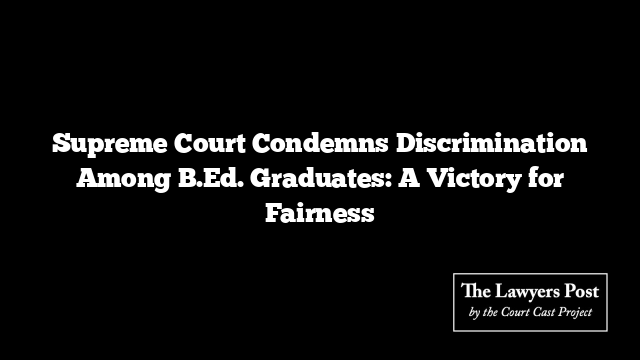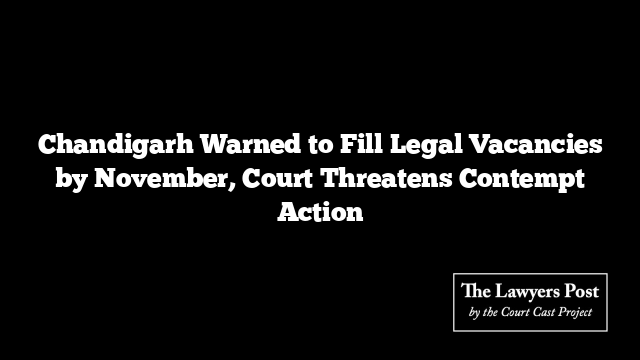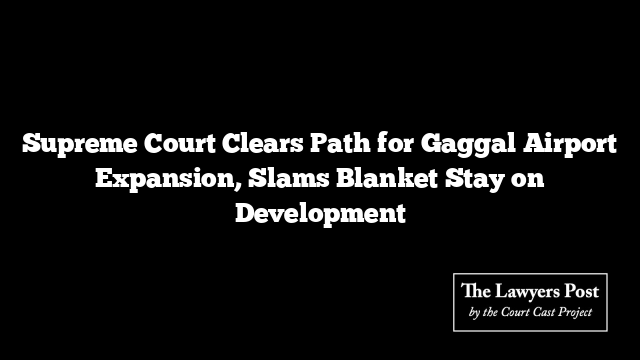The Supreme Court has ruled against the discriminatory treatment of candidates from the same academic group based on their admission date. The case revolved around eligibility for Teacher Grade III Level II positions in Rajasthan’s Scheduled Areas, with a focus on the B.Ed. course requirements.
In 2017, Rajasthan authorities advertised for these teaching positions, requiring candidates to hold a graduation degree with at least 45% marks and a one-year Bachelor of Education (B.Ed.) degree. However, after a 2009 notification from the National Council for Teacher Education (NCTE), candidates who enrolled after August 31, 2009, had to meet a stricter standard of 50% marks in their graduation.
The appellant, having taken B.Ed. admission on October 23, 2009—after the NCTE cut-off—was denied the job for failing to meet the new 50% requirement. He argued that other candidates from the same academic batch, who had enrolled in the B.Ed. program before the cut-off, were appointed without needing to meet this threshold. His claim highlighted the unfairness of applying different standards to a homogenous group of students from the same academic year.
The Supreme Court agreed with the appellant, stressing that it was unjust to apply disparate criteria within the same batch of students. The Court, led by Justices BR Gavai and KV Viswanathan, pointed out that students who joined the course during earlier counseling rounds in the same academic year were not held to the 50% requirement. Therefore, the appellant, who joined in a later round, should be treated equally.
Relying on a previous decision in the Ankul Singhal case, the Court emphasized that it is improper to differentiate between students admitted to the same course during the same academic year based on their counseling schedule. Additionally, the Court referenced the Rakesh Gaur case, where a similarly situated petitioner was granted relief.
In a decisive ruling, the Court ordered the appellant’s appointment to be treated as regular and granted him full benefits. This judgment reinforces the principle that fairness should prevail in cases where students from the same batch are subject to varying standards.





